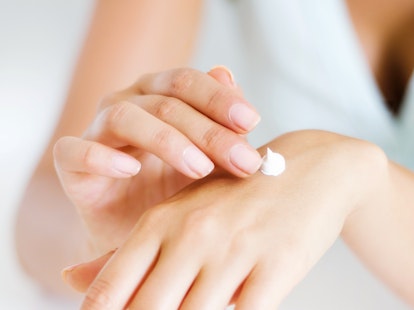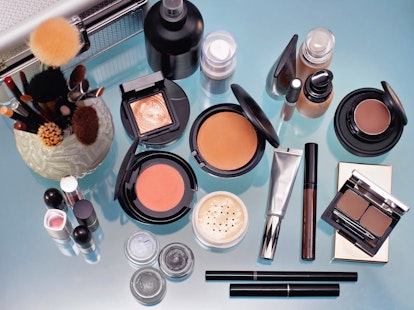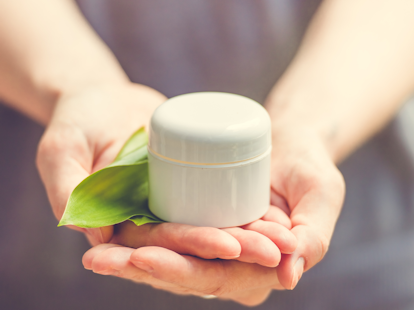European Regulation (EU) 2021/1099, released on July 5, 2021, amends the requirements for the use of Tetrahydropyranyloxy Phenol (CAS No. 53936-56-4) and Dihydroxyacetone (96-26-4) in cosmetic products.
In response to the SCCS/1554/15 opinion which concludes that the use of Tetrahydropyranyloxy Phenol at a concentration of 3% in face creams is not safe, due to the formation of hydroquinone at a level bringing safety concerns during the product life cycle, the European Commission is going to ban its use in cosmetic products.
However, SCCS/1612/19 opinion concluded that Dihydroxyacetone is safe to use in non-oxidative hair dye products as a hair coloring ingredient, to a maximum concentration of 6.25%, and in self-tanning lotions and face creams at a maximum concentration of 10%. Dihydroxyacetone is currently not regulated in cosmetic regulations and will be amended with restriction.
This regulation will come into force on July 26, 2021.
(a)
Changes | New |
Annex | II |
Ref No. | ‘1657 |
Chemical name/INN | 4-[(tetrahydro-2H-pyran-2-yl)oxy]phenol (Deoxyarbutin, Tetrahydropyranyloxy Phenol) |
CAS No. | 53936-56-4 |
Requirement | Ban |
The ban will come into force on July 26, 2021.
(b)
Changes | New |
Annex | III |
Ref No. | ‘321 |
Chemical name/INN | 1,3-Dihydroxy- 2-propanone |
INCI Name | Dihydroxyacetone |
CAS No. | 96-26-4 |
EC No. | 202-494-5 |
Product type, body parts | (a) Hair dye substance in non- oxidative hair dye products |
Maximum concentration in ready use preparation | (a) 6.25% |
A transition period is being given to the cosmetic industry:
- From January 26, 2022, products not complying with the restrictions shall not be placed on the Union market
- From April 22, 2022, products not complying with the restrictions shall not be made available on the Union market
References
It is crucial for all cosmetic, personal care and household products to be safe, effective and stable. SGS provides testing, inspection and certification services to manufacturers, distributors and importers to ensure a high level of product quality in every area. Our state-of-the-art laboratories offer tailored solutions for chemical, biophysical, microbiological, stability and biological aspects. We also have extensive capabilities in performance testing, claim support studies and consumer panels. Our testing is conducted according to customer specific or recognized standard methods, some of which were developed by SGS. Our cosmetic safety assessors and other technical experts can support customers by making sure new products comply with regulatory requirements. In the end, it’s only trusted because it’s tested. Contact us for more information or visit our website.
For inquiries, please contact:
Queenie Ho-yan TSE
Technical Service Manager
t: +852 2765 3672
© SGS Group Management SA - 2021 - All rights reserved - SGS is a registered trademark of SGS Group Management SA. This is a publication of SGS, except for 3rd parties’ contents submitted or licensed for use by SGS. SGS neither endorses nor disapproves said 3rd parties contents. This publication is intended to provide technical information and shall not be considered an exhaustive treatment of any subject treated. It is strictly educational and does not replace any legal requirements or applicable regulations. It is not intended to constitute consulting or professional advice. The information contained herein is provided “as is” and SGS does not warrant that it will be error-free or will meet any particular criteria of performance or quality. Do not quote or refer any information herein without SGS’s prior written consent.



